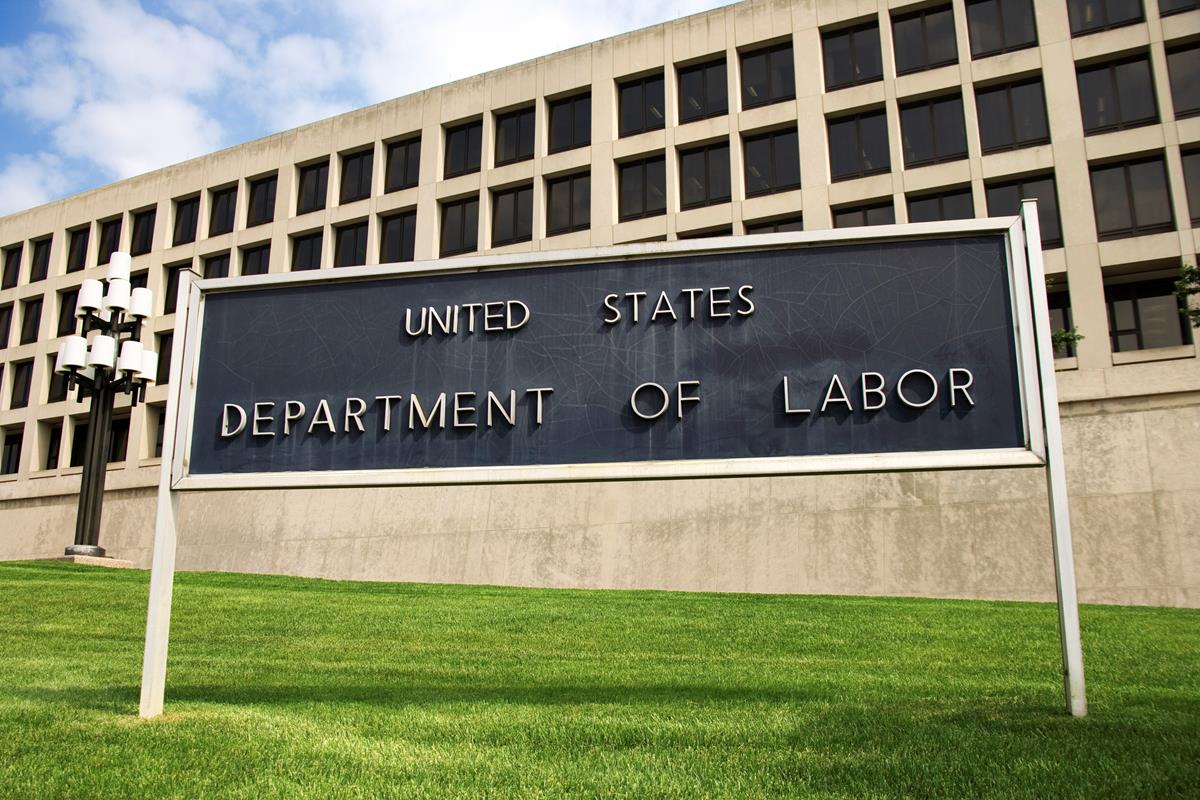COVID-19 Response: Executive Order 13999: Enhancement of COVID-19-Related Workplace Safety Requirements
President Biden has signed 28 Executive Orders as of February 2, 2021, but there is one that stands out to employment lawyers – Executive Order 13999. Titled “Protecting Worker Health and Safety,” the Order addresses workplace safety. It sets out instructions, primarily to the Secretary of Labor and Assistant Secretary of Labor for Occupational Safety and Health, for establishing and issuing a set of guidelines under the Occupational Safety and Health Act.

Kansas City, Mo. (February 8, 2021) - President Biden has signed 28 Executive Orders as of February 2, 2021. While this is a large number of Executive Orders compared to the historical record, most call for creating task forces and directing agencies to explore policy changes. However, there is one that stands out to employment lawyers – Executive Order 13999 (Order). Titled “Protecting Worker Health and Safety,” the Order addresses workplace safety. It sets out instructions, primarily to the Secretary of Labor and Assistant Secretary of Labor for Occupational Safety and Health, for establishing and issuing a set of guidelines under the Occupational Safety and Health Act (OSHA).
Pursuant to the Order, the Secretary of Labor will issue revised guidance to employers on workplace safety concerning COVID-19, determine if emergency workplace standards are required, and improve overall OSHA shortcomings related to COVID-19 workplace protections and enforcement. Enforcement will include the use of anti-retaliation principles concerning employees reporting unsafe conditions in the workplace. OSHA has issued initial guidance based on the Order.
Below are some of the changes that employers can expect under the Order:
- Sterner COVID-19 rules from OSHA and significantly larger fines for violations;
- A requirement for developing a workplace infection control plan, which will include protections like masks, distancing, improved ventilation, and disinfection;
- A requirement for providing a COVID-19 vaccine at no cost to employees, and not distinguishing between workers who are vaccinated and those who are not;
- A requirement for establishing a workplace coordinator who will be responsible for COVID-19 issues on the employer's behalf;
- A requirement for establishing a system for communicating effectively with workers in a language they understand;
- A requirement for educating and training workers on COVID-19 policies and procedures using accessible formats in a language they understand; and
- A requirement for implementing protections from retaliation and for setting up an anonymous process through which workers may voice concerns about COVID-19-related hazards.
In addition to establishing stringent safety standards and enforcement procedures, states with OSHA health plans will now be required to ensure that workers covered by such plans are adequately protected from COVID-19. States that do not have such plans are to coordinate with their own local entities to improve employee safety.
Without a doubt, these new changes will create challenges for the business community. Lewis Brisbois’ Labor & Employment Law attorneys are prepared to help businesses adjust to changing labor and employment laws and regulations. Contact the authors of this alert for more information. Visit our COVID-19 Response Resource Center for more alerts on the many areas of the law impacted by the pandemic.
Authors:
Alan L. Rupe, Managing Partner - Kansas City, MO - Wichita, KS
Luis F. Mendoza, Associate
